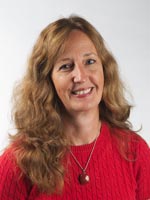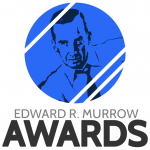Walsh-Childers: The Murky Ethics of Gay Talese’s ‘The Voyeur’s Motel’

The Conversation on April 14, 2016 published, “The murky ethics of Gay Talese’s ‘The Voyeur’s Motel’,” an article co-authored by Journalsm Professor Kim Walsh-Childers.
Category: The College in the News
Tagged: Kim Walsh-Childers The Conversation
Subscribe to our News Digest


